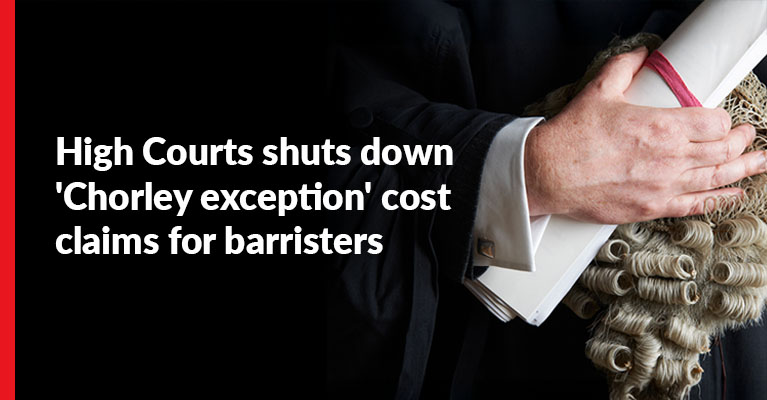Lexis+ AI ® transformed Whitehall & Associates, a growing law firm, into a dynamic force in institutional abuse and personal injury law. Partner Daniela Anicic explains how Lexis+ AI helped to facilitate...
Australia’s merger clearance process is undergoing significant reform, driven by longstanding concerns the current voluntary, informal regime does not sufficiently prevent anticompetitive mergers. After...
As AI is poised to transform workplaces, employee engagement is falling, resulting in a real economic cost. For corporate legal departments, AI adoption presents a significant opportunity to increase department...
Corporate legal departments are under increasing pressure to do more with less. A key area of opportunity lies in how organisations manage their outside counsel spend. With outside counsel hourly rates...
Authored by Shaun Burmester, Legal Writer, Property, Practical Guidance One of the most significant overhauls in Queensland property law in over 50 years is set to take effect on 1 August 2025. The...

In a major decision delivered on 4 September 2019, Bell Lawyers Pty Ltd v Pentelow [2019] HCA 29, the High Court has ended the right of lawyers to claim costs when they are self-represented litigants, saying the special rule was "an anomaly and an affront to the fundamental value of equality of all persons before the law".
Over 10 years ago, Sydney barrister Janet Pentelow was briefed on a family law case by Bell Lawyers but was refused full payment of her fees. She sued for the balance, in the Local Court of NSW, but was not successful.
By grant of special leave, Pentelow appealed to the Supreme Court of NSW to obtain recompense for the value of services and was awarded costs in her favour for both the Local Court and Supreme Court proceedings
Upon further appeal by Bell Lawyers to The High Court, the Judges in Bell v Pentelouw, looked at whether the Chorley exception, which had been adopted from England for solicitors, could be applied by extension to barristers for work performed where they are self-represented litigants.
It was decided unanimously that this exception did not extend to barristers.
The Court took the matter one step further, holding that the Chorley exception should not be recognised as part of the common law in Australia. The Court confirmed that the anomalous nature of the Chorley exception is inconsistent with the statutory definition of "costs" in s 3(1) of the Civil Procedure Act 2005 (NSW).
This case ends the ‘undesirable’ practice of self-represented legal professionals being able to claim for costs in litigation where self-interest may prove a barrier to objectivity.
From simple search to analysis and insight, the powerful intelligence of Lexis Advance sits at the heart of many of LexisNexis' legal solutions. Access exactly what you need with a single subscription.
For more detail on Legal Costs, view these titles inside Lexis Advance.
- Legal Costs South Australia
- Legal Costs New South Wales
- Legal Costs Victoria
- The Federal Companion which accompanies all texts.
Contact your Relationship Manager for more information.





